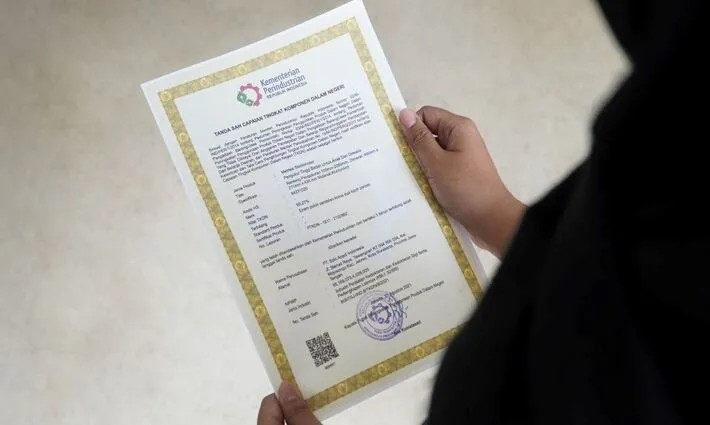The Ministry of Industry (Kemenperin) is preparing a reform of the Tingkat Komponen Dalam Negeri (TKDN) regulation, which has served to protect domestic industries from imported products.
Alexandra Arri Cahyani, Head of Public Relations at Kemenperin, confirmed that the regulation will remain in place.
"TKDN is still under discussion. The full reform will be launched by the Minister. Wait for the official date. But for sure, TKDN will remain under our authority," she said at the Ministry’s office in Jakarta, Monday (28/7/2025).
Not Limited to US-Related Trade Agreements
She emphasized that the changes will not be limited to requests from the United States.
As part of a recent trade agreement reducing import tariffs to 19%, the U.S. had asked Indonesia to remove non-tariff barriers, including TKDN provisions, for American companies and products.
However, Alexandra stated that the government has not exempted all U.S. products from TKDN requirements.
“In general, its application is not just because of the US. There are many other products involved. If we only focus on the US, that would be discriminatory,” she said.
Local Industry Remains Central to TKDN
Regarding the possibility of lifting TKDN requirements in certain sectors, Alexandra explained that internal discussions are still ongoing.
She stressed that the policy will continue to support the competitiveness of local products.
“We hope TKDN stays, because it is intended to ensure our local products, if raw materials are available, can be used and remain competitive. If there’s no TKDN, we’ll be flooded by imported goods. That’s not what we want. We want our domestic products, or at least our local raw materials, to be competitive and transformed into finished goods,” she said.
Implementation Timeline Still Under Review
Alexandra noted that the Ministry has not finalized a date for the regulation’s release.
The reform is still being discussed by Minister Agus Gumiwang Kartasasmita and the Echelon I officials of the Ministry of Industry.
She added that any revisions to the policy would apply broadly and are not exclusive to U.S.-related matters.
PHOTO: PROLEGAL.ID
This article was created with AI assistance.
Read More






 Friday, 27-02-26
Friday, 27-02-26







